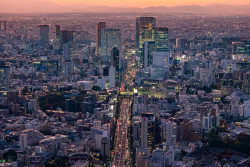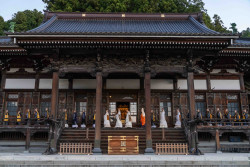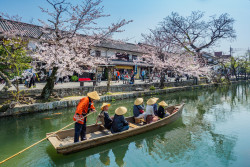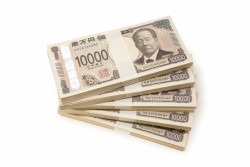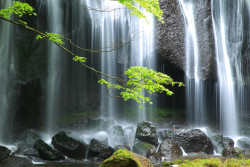
March 5, 2014
The Half-Life of Anti-Nuclear Protest
As public outcry subsides, voices both for and against nuclear energy rises
By Metropolis
The Case for Nuclear Power in Japan

Though polls show that the majority of the Japanese public oppose nuclear power, proponents argue that the voice of dissent is fueled largely by misinformation, and the lethargy which seems to have gradually seized Japan’s anti-nuclear movement is actually a remission of emotionally-charged irrational reasoning.
The Fukushima disaster provided a tragic demonstration of the dangers of nuclear power, but Bruno Comby, founder of Environmentalists for Nuclear Energy, believes the outcome should be considered from a different perspective. “The fact that even in an extraordinary and very rare event such as the giant natural tsunami which struck Fukushima no one has died from radiation, illustrates how safe nuclear energy is.” He adds that the nuclear industry’s safety culture has been enhanced by the disaster, so even if a Japanese nuclear power plant once again faced a giant tsunami they would be better defended and prepared, leading to less extreme consequences.

It also must be said that no easy alternatives currently exist. Japan’s increased dependency on imported fossil fuels during the three years “offline” have not been without their own – less visible – consequences, which will persist until the reactors are restarted. Besides the scrapping of Kyoto protocol targets and an estimated cost of 30 billion dollars per year, the atmospheric emissions routinely released by coal and oil contain carcinogens and substances that contribute to respiratory illness and heart disease. According to David Hess, a nuclear analyst at the World Nuclear Association (WNA), “While seldom mentioned, the health and environmental impacts associated with burning fossil fuels so outstrip that of nuclear energy that it beggars belief.” He points toward a 2013 scientific study that estimated a total of 160,000 early mortalities had been prevented by the use of nuclear power in Japan. “Put simply, nuclear power has saved many Japanese lives.”
Hess proposes that renewable energy sources and energy conservation should be used to complement nuclear power, but dismisses the idea that they could supplant it in an industrialized nation with a population density as high as Japan. He says it’s understandable that many amongst the Japanese public have been greatly upset by the nuclear accident and would like to see its immediate abandonment, but reiterates his position. “The Japanese people will have to accept the fact that there is a limit to what renewables can realistically expect to achieve. The country needs its nuclear reactors.”
